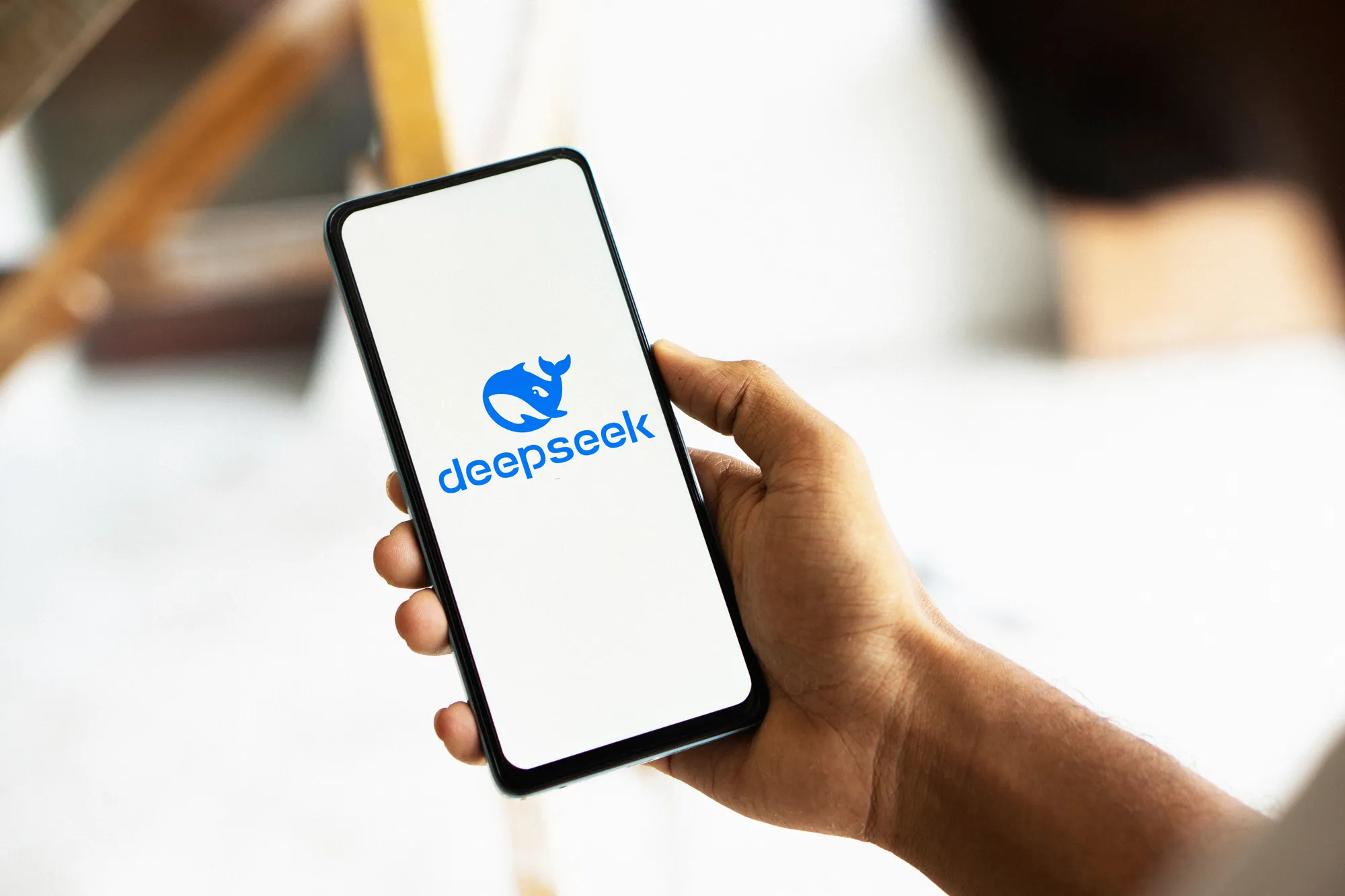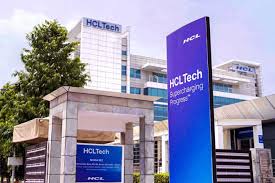DeepSeek AI: Pioneering Open-Source Innovations in the AI Industry

In the rapidly evolving field of artificial intelligence (AI), DeepSeek AI, a Chinese startup, has emerged as a transformative force by championing open-source methodologies. Founded in 2023 by Liang Wenfeng, a former math prodigy and hedge fund manager, DeepSeek has swiftly ascended to prominence with its innovative and cost-effective AI models.
The company’s flagship model, DeepSeek-R1, has garnered significant attention for its performance and efficiency. Despite being developed at a fraction of the cost—approximately $6 million compared to the $100 million invested in models like OpenAI’s GPT-4—DeepSeek-R1 delivers comparable results. This achievement is particularly noteworthy given the model’s reliance on older Nvidia chips, a strategic choice that circumvents U.S. export restrictions on advanced technology to China.
DeepSeek’s commitment to open-source principles sets it apart from many of its competitors. By making its AI models and training methodologies publicly accessible, the company fosters a collaborative environment that accelerates innovation. This approach has not only democratized AI development but has also challenged the prevailing notion that proprietary models are inherently superior. Yann LeCun, Meta’s Chief AI Scientist, highlighted this shift, stating that DeepSeek’s success underscores the potential of open-source models to surpass their proprietary counterparts.
The release of DeepSeek-R1 has had immediate and far-reaching impacts. Within weeks of its launch, the model’s chatbot application became the most downloaded free app on the U.S. iOS App Store, surpassing established platforms like ChatGPT. This rapid adoption has prompted U.S. investors to reevaluate their substantial investments in large-scale data centers, recognizing that efficient, open-source models can achieve similar outcomes with significantly lower costs.
The implications of DeepSeek’s advancements extend beyond market dynamics. The company’s ability to develop high-performing AI models using less advanced hardware challenges existing U.S. trade restrictions aimed at limiting China’s technological progress. By leveraging open-source strategies and optimizing resource utilization, DeepSeek has effectively navigated these constraints, prompting a reassessment of the efficacy of such trade policies.
Liang Wenfeng’s leadership has been instrumental in DeepSeek’s trajectory. His background in quantitative finance and strategic foresight, exemplified by the early acquisition of Nvidia chips, have provided the company with a competitive edge. Under his guidance, DeepSeek has not only advanced AI technology but has also sparked discussions about the future of AI development, particularly concerning the balance between open-source collaboration and proprietary control.
In summary, DeepSeek AI’s emergence underscores a pivotal moment in the AI industry. By embracing open-source innovation and demonstrating that high-quality AI models can be developed efficiently and cost-effectively, the company is challenging established paradigms and reshaping the landscape of AI development. As the industry continues to evolve, DeepSeek’s approach may serve as a blueprint for future advancements, highlighting the power of collaboration and accessibility in driving technological progress.




